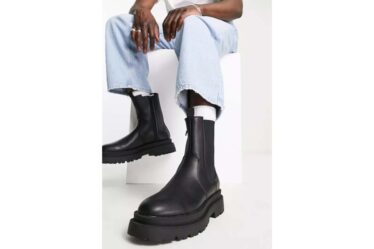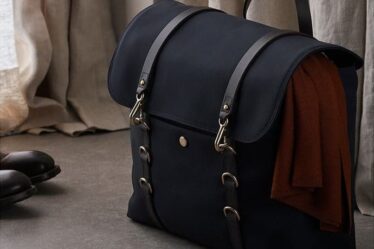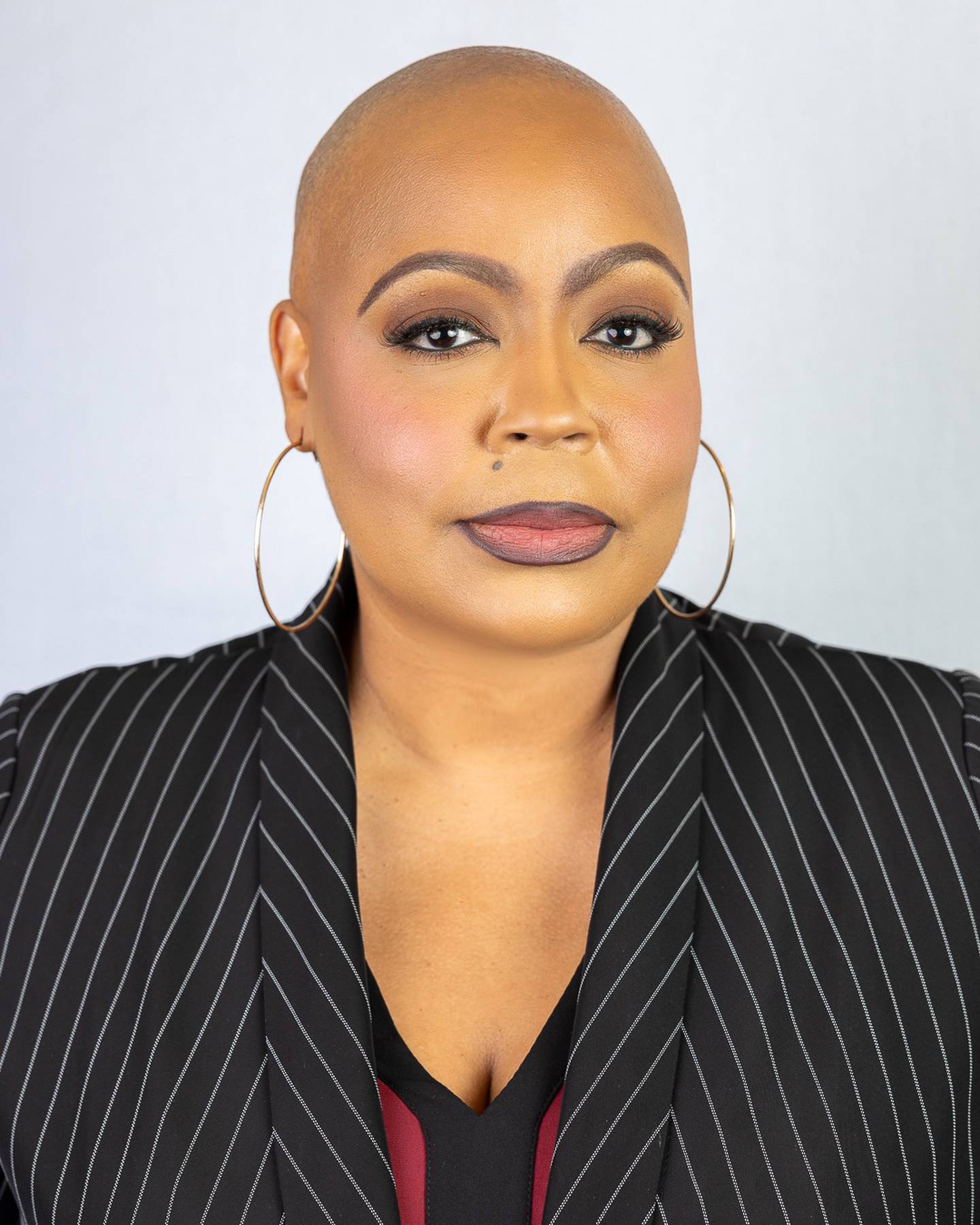
It’s been about three weeks since Sucré Couture, the jewellery label launched by Kimberly Jefferson in 2011, was added to the 15 Percent Pledge’s directory of Black-owned businesses.
Entry onto the list, which includes 5,000 companies ranging from tiny makeup start-ups to established fashion labels, can put a brand on the radar of the 29 retailers, including Sephora, Nordstrom and Macy’s, that have “taken the pledge” — or vowed to dedicate at least 15 percent of their shelf space to Black-owned businesses.
Jefferson is still waiting for a retailer to pick up her collection. But there have been other perks: last week, the Pledge contacted her about participating in a brand showcase. A couple days ago, a publication reached out hoping to include her jewellery in a photo shoot — she assumes because the editors saw her brand in the directory.
“I have seen the slow drip of opportunities come in,” she said. “[But] what are the other avenues [besides] the Pledge? There’s literally nowhere to turn.”
Jefferson encapsulates both the pressure and promise riding on the Fifteen Percent Pledge. The organisation grew out of an Instagram post by accessories designer Aurora James in 2020 calling on retailers then clamouring to address racial disparities in the wake of George Floyd’s murder to dedicate 15 percent of their shelf space to Black-owned brands (the figure matches Black Americans’ share of the population).
Today, the nonprofit has 15 employees working out of offices in New York and Los Angeles. Many retailers that took the pledge (the most recent to join was Victoria’s Secret in June 2022) have released reports outlining new diversity efforts — including bigger budgets, more minorities in executive roles and investments in grassroots organisations. Less clear is how much progress they have made toward 15 percent itself. Only a few signatories, including Sephora, have given updates on how many Black-owned brands they carry; none has declared it’s met its Pledge goal.
Some industry insiders see a broader backslide on diversity, equity and inclusion initiatives. Future efforts may be imperilled by the US Supreme Court’s June ruling striking down affirmative action policies in higher education, which has made some corporations wary of racial justice initiatives, fearing a conservative backlash or even legal challenges. Last week, Edward Blum, the conservative activist behind the affirmative action case, filed a racial discrimination lawsuit against Fearless Fund, an Atlanta-based venture capital fund supporting Black women founders.
The Pledge has adapted its messaging as the climate has changed: in an interview, executive director LaToya Williams-Belfort described the nonprofit as an “impact-driven advocacy organisation.” That means addressing tough questions about the industry’s ability to support Black businesses, rather than simply helping retailers find the quickest path to 15 percent, she said.
The Pledge has also begun offering more direct support to Black businesses. In February, the organisation awarded $295,000 in Google-funded grants to five Black brands (Christina Funke Tegbe, founder of the Africa-sourced skin care range 54 Thrones, received $200,000; Sergio Hudson, Puzzles of Color and others received smaller amounts). In June, James announced the Friends and Family Collective, a partnership with the private equity firm VMG Partners, aimed at accessing a $850-million venture capital fund dedicated to Black-owned companies.
But the organisation’s name, and the initial call to action in James’ Instagram post three years ago, can be difficult to get past. Hitting the target can “take a lifetime of work … to do in a sustainable way,” Williams-Belfort said.
“There was no intention of any retailer being at 15 percent by year three,” she said.
What 15 Percent Really Means
The 15 percent target drew attention to a real problem: most retailers dedicated an average of 2 to 3 percent of their shelf space to majority Black-owned businesses when they first took the pledge.
It’s not uncommon in the nonprofit world for organisers and activists to use a compelling data point initially to “rally people and to get them energised” around a cause, said David Stolow a professor at Boston University’s Questrom School of Business who focuses on nonprofit management and social entrepreneurship. (Stolow has not worked with or researched the Fifteen Percent Pledge specifically.)
“But [numbers] should be used with caution,” he said. “It’s more important that an organisation be clear about what it’s trying to do — than necessarily having to articulate that quantitatively.”
There are signs of progress by some signatories. In July, Sephora — the first to take the Pledge — said it carries 28 Black-owned brands, up from eight in 2020. That would constitute about 8 percent of the 340 brands Sephora lists on its website. Accessories label Grace Eleyae and beauty brands Eadem and Ami Colé are among the Black-owned names the company has picked up over the past three years.
In its 2022 ESG Report, Ulta said it increased its Black-owned, -founded or -led brands by 73 percent. The beauty retailer now carries 40 Black-owned and/or Black-founded brands, a spokesperson told BoF in an email this week. Nordstrom currently offers about 250 brands with Black or Latinx owners or founders — up from 145 in 2021 — the company said in an email to BoF.
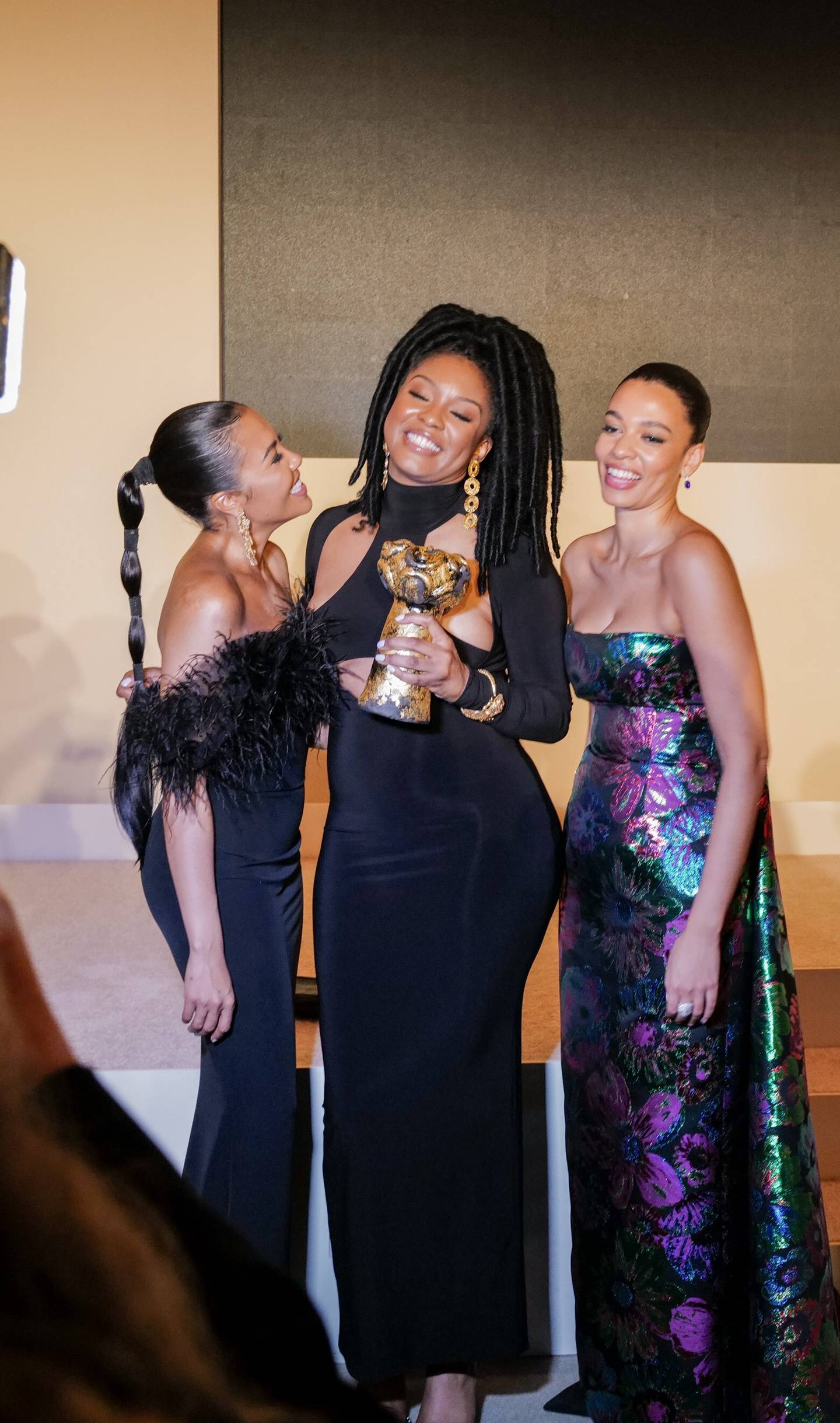
Williams-Belfort said retailers that joined the Pledge committed to a multi-year process. Each company signs a contract with the nonprofit for four to 10 years and is required to assemble a “cross-functional” team dedicated to the Pledge’s work. The organisation then “audits” the companies on a quarterly basis.
She said long-term success requires retailers to consider everything from hiring staff to creating entire departments and investing in new technologies. Some may have to expand their marketing budgets or launch incubators and micro loan programmes dedicated to Black entrepreneurs, Williams-Belfort said.
“The same way retailers think about customer acquisition, customer retention and brand loyalty — we’re telling them to think about this endeavour with Black businesses,” she said. “This shouldn’t just be a DEI checkbox or a social good checkbox.”
Supporting Black-Owned Brands
For emerging brands, success often means weathering years of false starts and product fails. A lack of capital can make it hard to keep up momentum. Founders don’t always consider what it will take to fill a big order from a retailer if they’re lucky enough to get one.
“One of the big things 15 Percent could be helpful with is getting brands to that first wholesale order,” said Tina Wells, author and founder of RLVNT Products, a manufacturer of private label wares for retailers.
Funke Tegbe, winner of the biggest Pledge grant in February, used part of the funds to manufacture and ship a new range of products, which quickly sold out in Sephora. Before she applied, she had already been accepted into Sephora’s accelerator programme and had been on the Pledge’s directory since 2020.
“The Pledge is unique because it’s a conduit between holding retailers accountable and making space for the brands,” she said. “There’s no other organisation that’s really doing that and calling a spade a spade.”
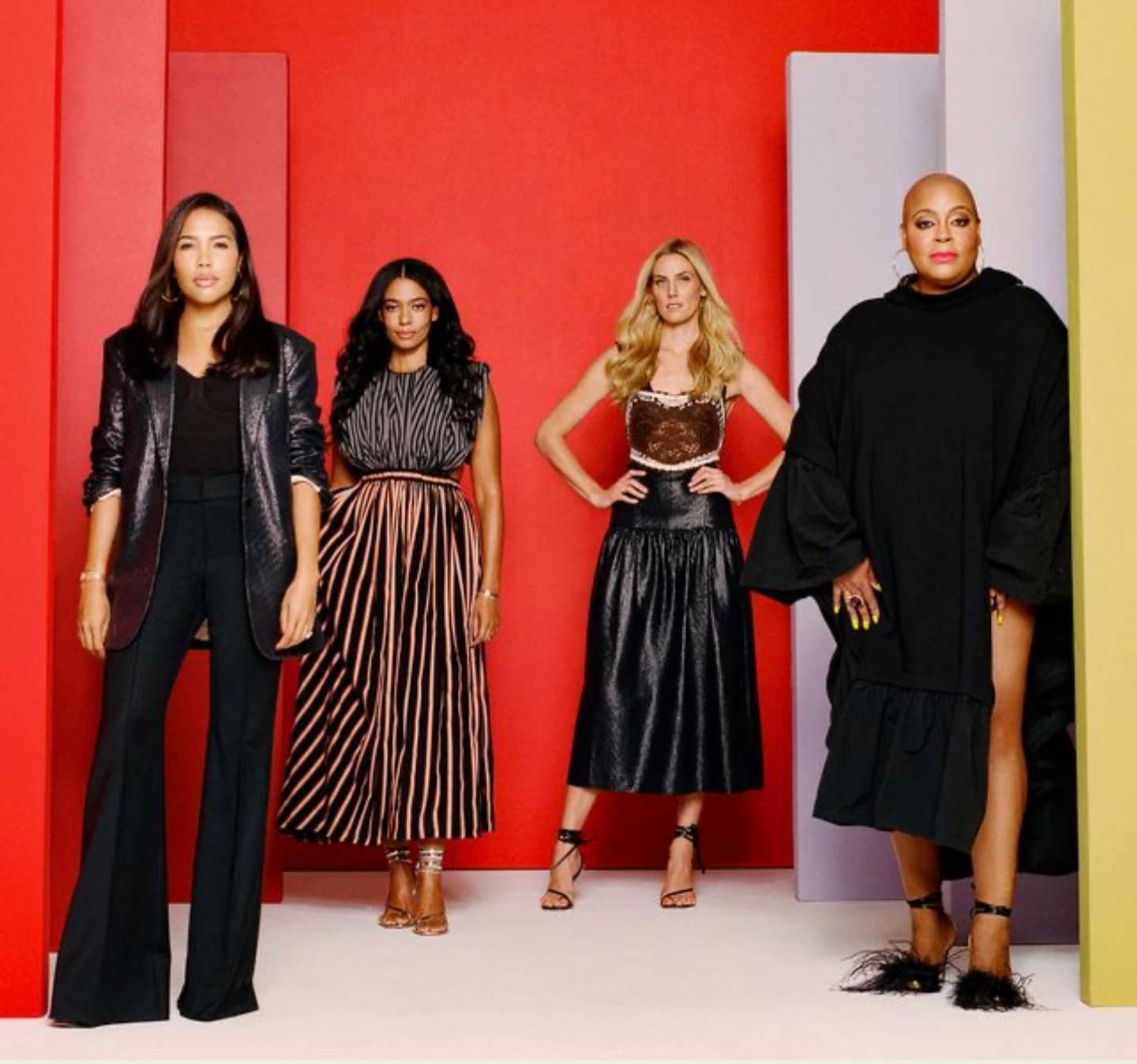
Before applying for the Pledge’s directory, Carrington Marzett, founder of size inclusive pyjamas brand Groupie Pajamas, has been listed with the Pledge for a few weeks and she indicated on her intake form that she would be able to deliver on a retail order. But Marzett — who works a full time job and funds her own business — is well aware her parents will have to chip in if she’s going to pull it off.
“For me, the list is a baby step,” she said. “I still need so much more.”


